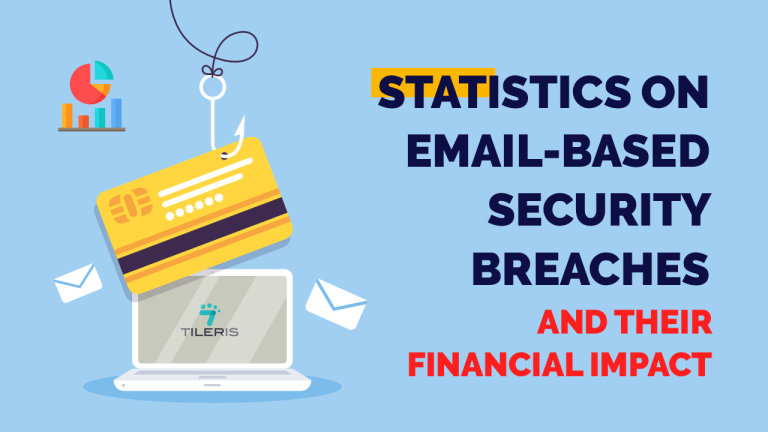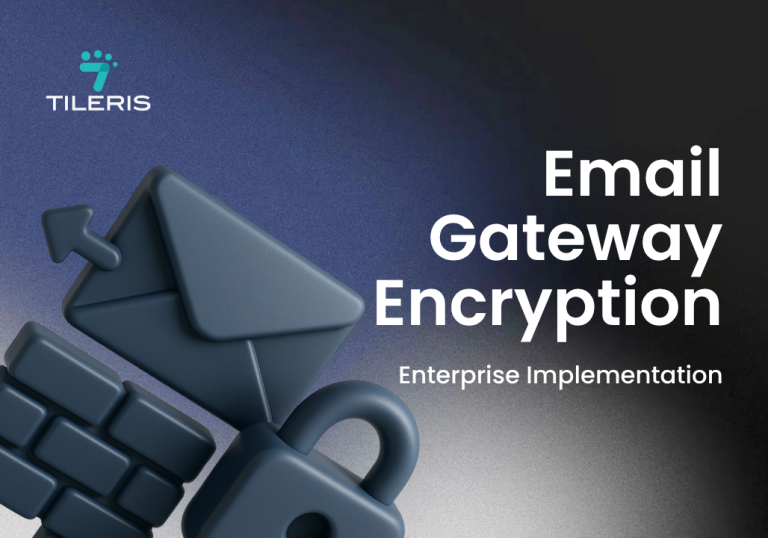Best BEC Insurance Providers and Coverage Options
Introduction
Business Email Compromise (BEC) has emerged as a formidable threat to organizations worldwide. These sophisticated scams, where cybercriminals impersonate trusted contacts to deceive employees into transferring funds or sensitive information, have led to significant financial losses.
Recognizing this growing menace, many businesses are turning to BEC insurance as a critical component of their cybersecurity strategy. In response, BEC insurance providers are stepping up, offering tailored solutions that help organisations mitigate risks and recover from potential losses tied to these types of attacks.
Understanding the BEC Threat
The FBI’s Internet Crime Complaint Center (IC3) reported a staggering figure: nearly $8.5 billion in BEC losses were reported to them between 2022 and 2024. That’s not just a statistic; that’s real money, real businesses, real dreams crushed by these cunning scams.
In 2023 alone, BEC accounted for almost $3 billion in reported losses, making it the second-costliest cybercrime. And here’s a chilling detail: while the number of complaints might have slightly dipped, the average cost per complaint has jumped significantly, from around $74,000 in 2019 to over $137,000 in 2023. This tells us these attacks are becoming more targeted and more devastating.
This isn’t just a concern for large corporations; small and medium-sized businesses are often prime targets because they might have fewer dedicated cybersecurity resources. As one cybersecurity expert put it, “BEC attacks exploit the weakest link in any organization’s security: the human element.
No matter how advanced your technology, if an employee falls for a well-crafted phishing email, your defenses can crumble.”
So, how do you protect yourself when the threat is so cunning? This is where BEC insurance, typically a crucial component of a comprehensive cyber insurance policy, steps in. It’s not a magic shield against being targeted, but it is your financial safety net when the unthinkable happens.
What Does BEC Insurance Cover?
BEC insurance is typically a subset of broader cyber insurance policies, and while coverage can vary from one provider to another, most policies are designed to address key areas of risk. These often include reimbursement for financial losses stemming from fraudulent transfers, coverage for legal defense and regulatory fines, the cost of forensic investigations to trace the breach’s origin and extent, compensation for income lost during periods of operational downtime, and services aimed at managing and repairing reputational damage.
Given these variations, it’s crucial for businesses to carefully review policy details, as some insurers might require specific security measures to be in place or may exclude certain types of BEC attacks altogether.
Top BEC Insurance Providers and Their Offerings
Several insurance providers have recognized the unique challenges posed by BEC and have tailored their offerings accordingly.
1. Coalition
Coalition stands out by integrating proactive cybersecurity tools with their insurance policies. Their 2024 report highlighted that they successfully helped recover over $38 million in fraudulent transfers for their clients. Their approach emphasizes prevention, offering clients tools to monitor and mitigate risks before they escalate.
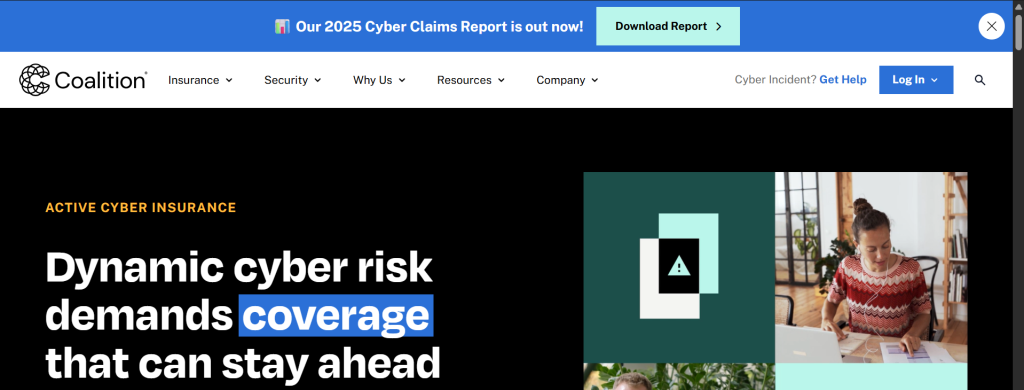
2. Hiscox
Hiscox offers cyber and data risks insurance tailored for various industries. Their policies are designed to address the specific needs of businesses, ensuring coverage aligns with the unique risks each sector faces.
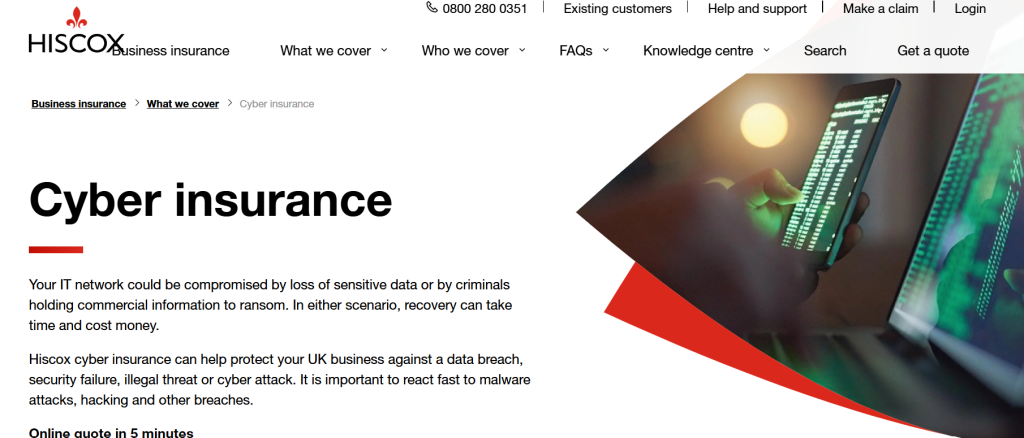
3. Chubb
Chubb provides comprehensive cyber insurance solutions, focusing on both prevention and response. Their policies often include access to cybersecurity experts who assist clients in strengthening their defenses against BEC and other cyber threats.
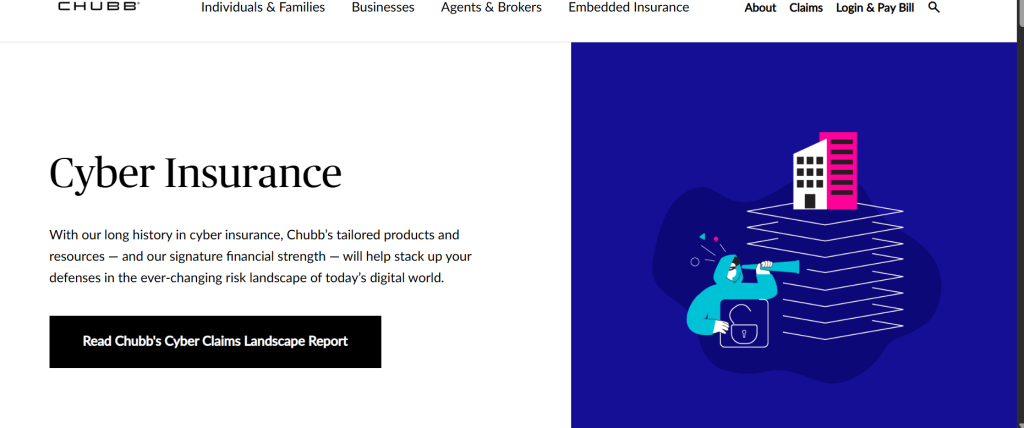
4. Travelers Insurance
Travelers is another well-established and respected insurer that has significantly invested in its cyber insurance capabilities. They offer various cyber policies designed to address a multitude of cyber risks, including BEC.

What sets them apart is their practical guidance and resources, often providing insights into how social engineering fraud occurs and how businesses can protect themselves. This educational aspect, combined with their coverage, shows a commitment to not just insuring, but also helping businesses mitigate risk.
5. AXA XL
AXA XL offers cyber risk consulting services, helping businesses assess and enhance their cybersecurity posture. Their comprehensive approach includes evaluating critical assets and implementing security measures to mitigate potential BEC threats.
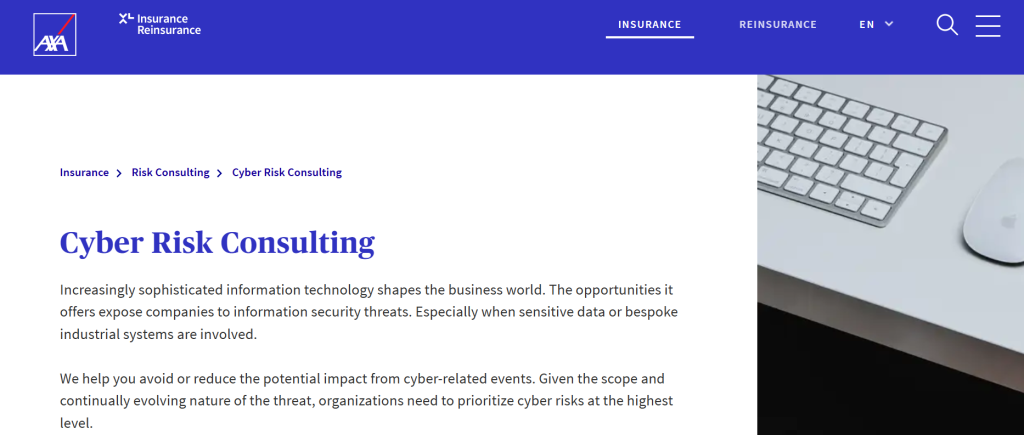
6. Zurich North America
Zurich provides a broad range of cyber coverages, including protection against BEC incidents. Their Cyber Risk Engineering Services assist businesses in identifying vulnerabilities and implementing strategies to bolster their defenses.

Beyond the Policy: What Else You Should Do
Remember, BEC insurance is a financial safety net, not a substitute for robust cybersecurity. In fact, insurers are increasingly scrutinizing security practices during the underwriting process. They want to see that you’re doing your part to prevent these attacks.
The best defense against BEC isn’t just a good insurance policy; it’s a security-aware culture. You can have all the technology in the world, but if your employees aren’t vigilant, you’re still vulnerable.
So, while you’re shopping for the right policy, ensure you’re also:
- Training your employees, constantly Regular, interactive training on how to spot phishing, identify red flags in email requests (especially for money), and verify payment instructions. Emphasize that “urgency” and “secrecy” are huge red flags.
- Implementing multi-factor authentication (MFA) everywhere: For email, financial accounts, VPNs, and cloud services. It’s perhaps the single most effective way to prevent account takeover.
- Establishing clear verification protocols: For any request to change bank account details or make a significant payment, always, always, always verify it using a different communication channel. If the request comes via email, call the sender on a known, pre-existing phone number (not one provided in the suspicious email).
- Using email authentication: DMARC, DKIM, and SPF protocols help legitimate emails get recognized and block spoofed ones.
- Performing regular cybersecurity audits: Get an external expert to assess your vulnerabilities.
- Having an incident response plan: Know exactly what steps to take if a BEC attack occurs. Who do you call first? What’s the immediate action?
Conclusion
Navigating the world of BEC insurance can feel like a maze, but you don’t have to go it alone. This is precisely why working with a specialized cyber insurance broker is invaluable. They understand the nuances of these policies, the common exclusions, and the latest trends in cybercrime.
They can help you assess your specific risks, compare different providers, and negotiate for the best possible coverage that truly fits your business.
BEC attacks are a persistent and evolving threat, constantly adapting to new defenses. While technology can help, the human element remains a primary target.
By combining a strong, proactive cybersecurity posture with the right BEC insurance policy, you’re not just protecting your finances; you’re safeguarding your business’s future and ensuring peace of mind in an increasingly complex digital world. Don’t wait until it’s too late – protect your digital wallet today.
Ready to Fortify Your Business Against BEC?
Understanding the best BEC insurance providers and coverage options is a crucial step towards safeguarding your business. But true protection goes beyond a policy, it’s about building a robust, human-centric defense.
Want to take your security game to the next level and proactively fight back against cunning BEC scams?
Download your free BEC Security Checklist today! It’s packed with simple, actionable steps, specifically designed to help your team spot and thwart social engineering attempts, perfect for any business looking to strengthen their internal controls and training protocols.
Feeling overwhelmed by the sheer volume of security advice?
You can also request a free consultation. Our team of experts is happy to walk you through your unique risks, demystify complex security concepts, and help you choose the right blend of tools and practices that truly protect your financial assets and reputation.
Curious how modern AI can make defending against BEC even smarter and more efficient?
Request a demo to see how Tileris AI Agents work in real time. Just drop us a note through our contact form, and we’ll show you what smarter, proactive BEC defense really looks like. Let us help you turn potential vulnerabilities into impenetrable strengths.



